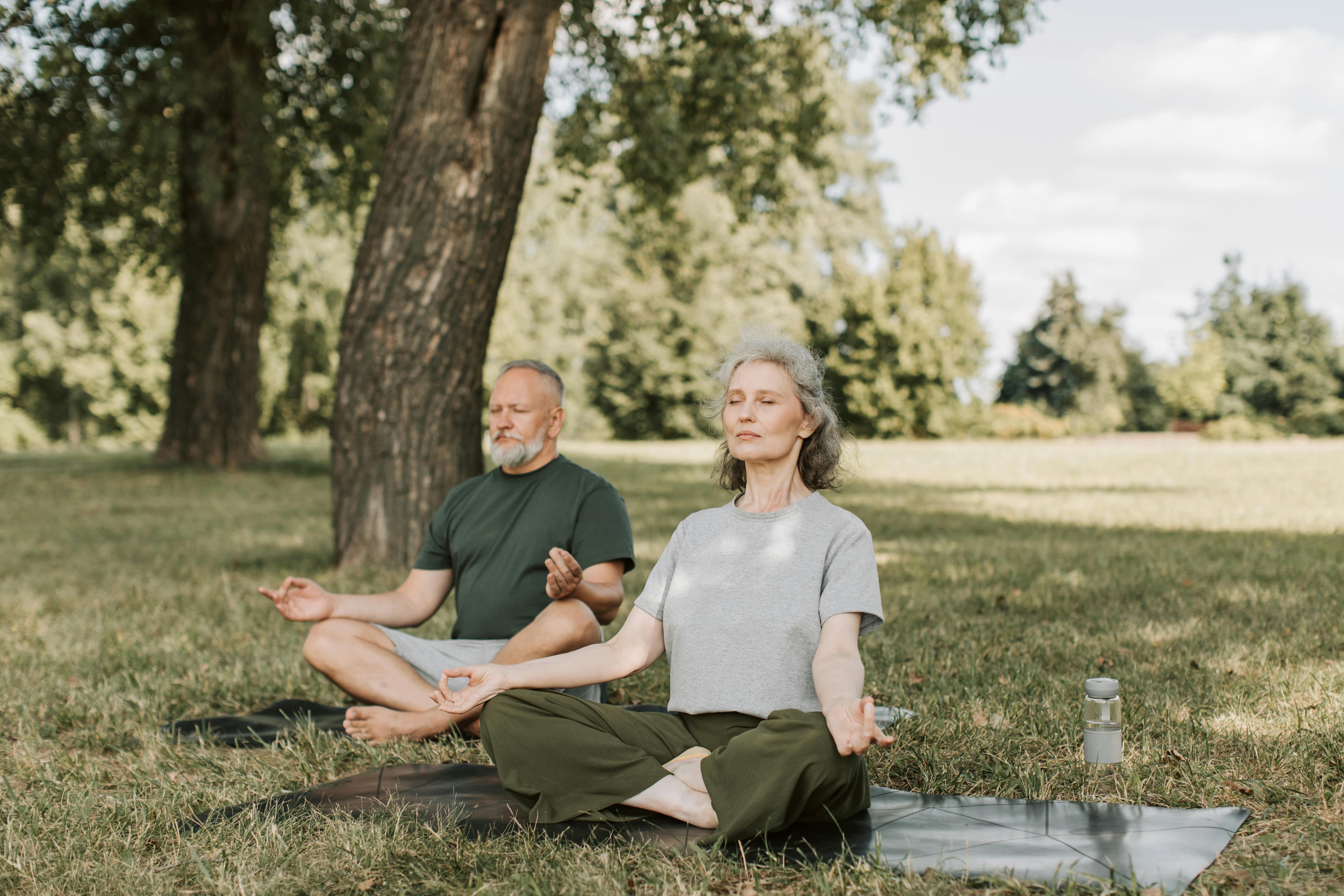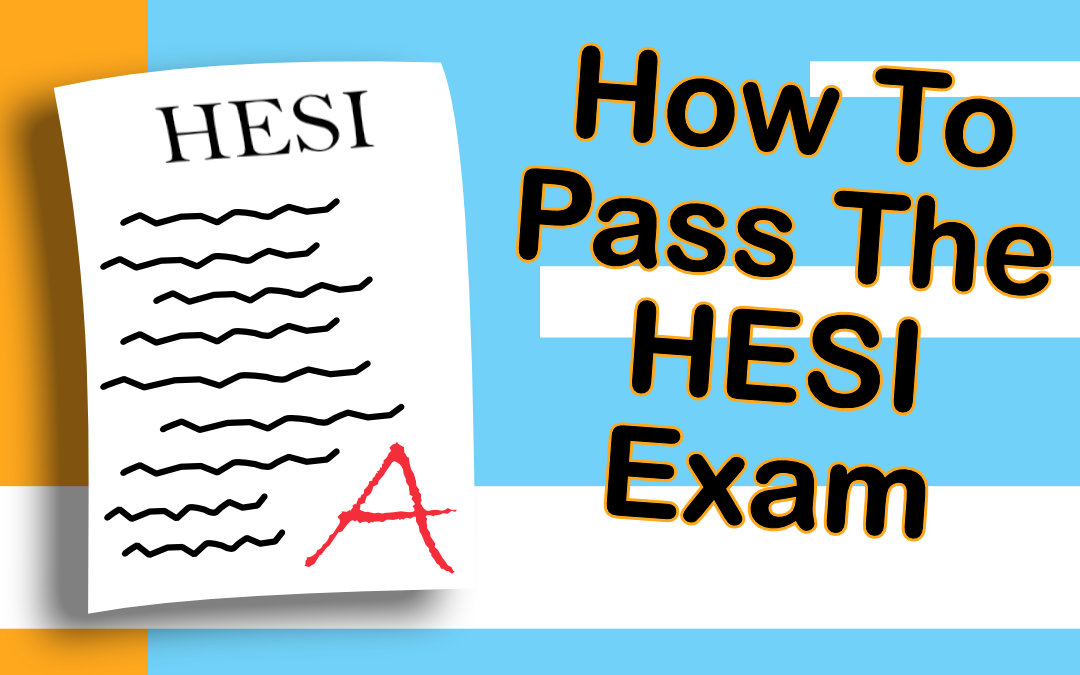How Mindfulness Helps Alleviate Anxiety: A Comprehensive Breakdown
Anxiety, a feeling of unease, such as worry or fear, is a universal human experience. However, when these feelings persist and interfere with daily life, they can develop into anxiety disorders. Anxiety disorders are the most common mental illnesses in the United States, affecting 40 million adults – or 18.1% of the population – every year. Despite the prevalence of these conditions, only 36.9% of those suffering receive treatment.

The concept of mindfulness, although an ancient practice rooted in Buddhist philosophy, has gained significant traction in recent years. More than a mere trend, mindfulness has been recognized as a powerful tool for mental health and wellbeing. As Jon Kabat-Zinn, the founder of Mindfulness-Based Stress Reduction (MBSR), defines it, mindfulness means “paying attention in a particular way: on purpose, in the present moment, and non-judgmentally”. The question is, how can this practice help alleviate anxiety?
The Science of Mindfulness and Anxiety
The practice of mindfulness has been found to affect the brain’s default mode network (DMN), the network of brain regions that are active when the mind is not focused on the outside world. The DMN is often associated with mind-wandering, which, in turn, is linked to anxiety and depression.
Mindfulness practice has been shown to decrease activity in the DMN. When the mind starts to wander, mindfulness brings it back to the present moment, helping to reduce the cycle of negative thought patterns that can fuel anxiety.
Moreover, mindfulness encourages a shift from ‘doing mode’ to ‘being mode’. The ‘doing mode’ is oriented towards achieving specific goals and is often where anxious individuals find themselves stuck. By contrast, ‘being mode’ is about accepting and allowing what is, without striving to change it. This shift can help break the cycle of anxiety and worry.
The Impact of Mindfulness on Anxiety: Personal and Societal
On a personal level, mindfulness has been shown to significantly reduce symptoms of anxiety. A 2013 meta-analysis of studies published in the Journal of Psychiatric Research found that mindfulness meditation programs had moderate evidence of improved anxiety.
On a societal level, the impact is also profound. The introduction of mindfulness-based programs in various sectors, including education, healthcare, and the corporate world, has helped to reduce stress and anxiety, improve focus and productivity, and foster a greater sense of wellbeing.
For example, the UK’s National Health Service (NHS) has incorporated Mindfulness-Based Cognitive Therapy (MBCT) into its services to prevent relapses in depression and manage anxiety and stress. Similarly, many schools have introduced mindfulness into their curricula, helping to improve students’ attention, emotional regulation, and reducing anxiety.
The Challenges and Criticisms of Mindfulness
Despite the benefits, mindfulness is not without its critics. Some argue that it has been co-opted by the corporate world as a band-aid solution to systemic problems like overwork and stress. Others caution that mindfulness is not a panacea and may not be suitable for everyone, particularly those with severe mental health conditions or trauma, as it can bring up intense emotions.
Furthermore, there is a need for more robust, high-quality research. Many studies on mindfulness have small sample sizes, lack control groups, or rely on self-reported measures, which can be subjective.
Looking Ahead: The Future of Mindfulness and Anxiety Management
With the increasing integration of mindfulness into healthcare, education, and the workplace, its role in managing anxiety looks set to grow. As research continues to evolve, we may gain a deeper understanding of how and why mindfulness works, and how it can be best applied to help those struggling with anxiety.
Moreover, the rising interest in digital mental health interventions presents a new frontier. Mindfulness apps like Headspace and Calm are already popular, and research has shown that these can be effective in reducing anxiety.
In conclusion, while mindfulness is not a cure-all, it is a powerful tool in the toolbox for managing anxiety. As we continue to grapple with the anxiety epidemic, it offers a beacon of hope, a way to navigate the storm and find calm amidst the chaos.




